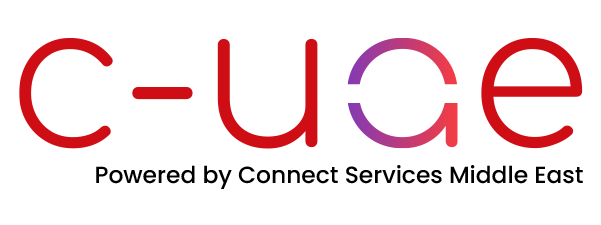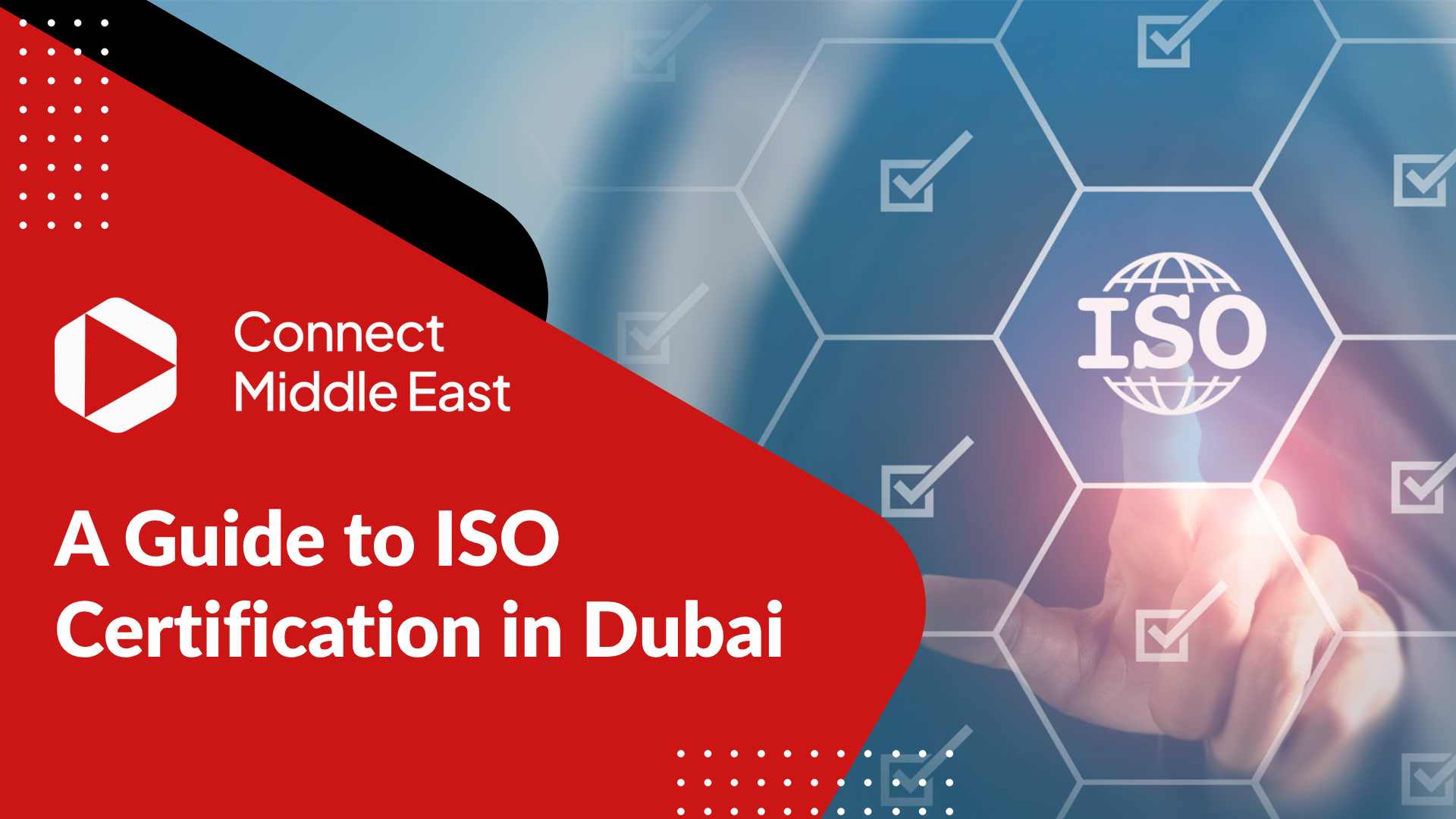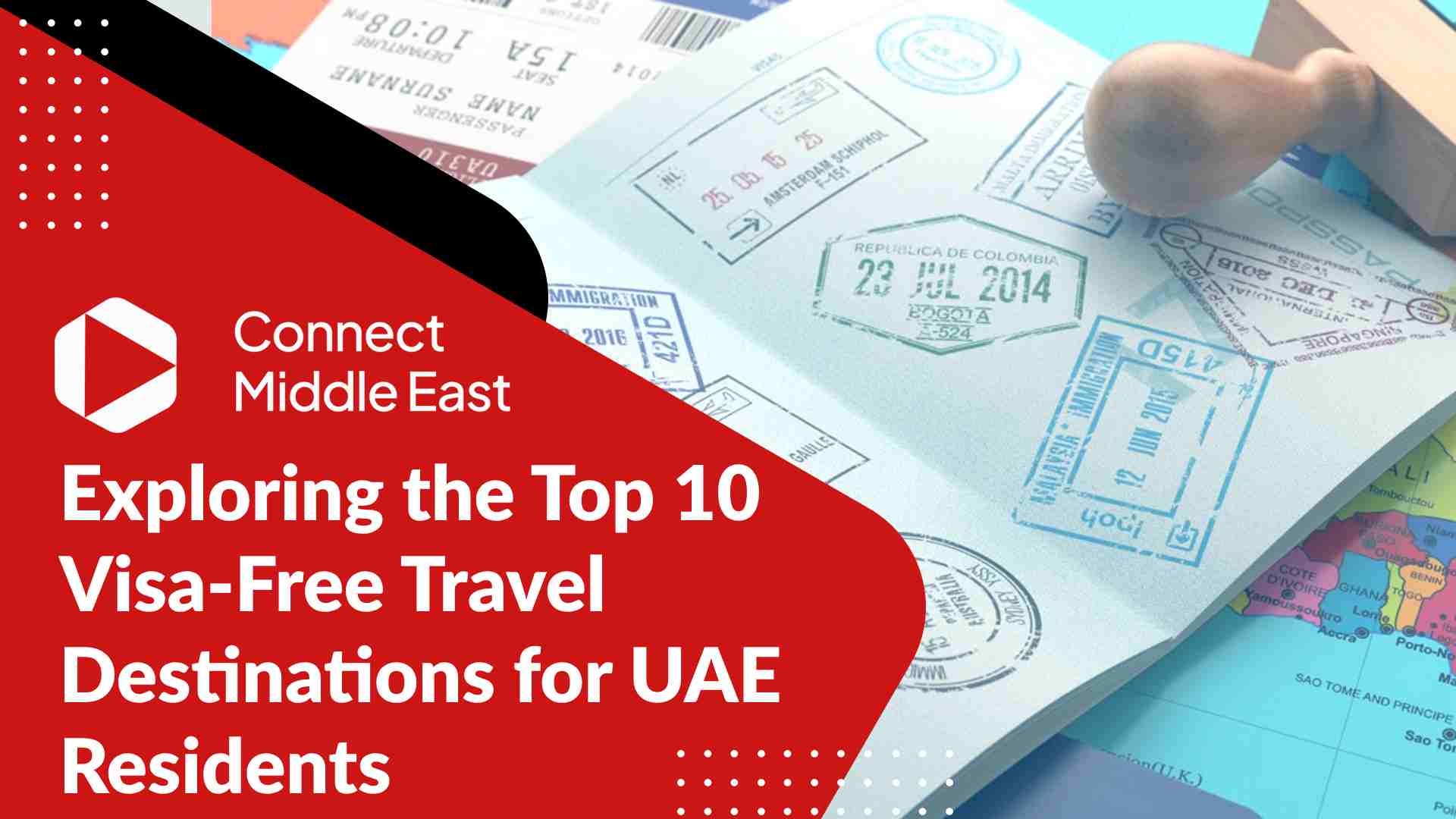According to reports, the UAE has passed the first law governing digital assets and established a regulatory body to oversee the industry. The introduction of the Virtual Asset Regulation Law in Dubai effectively takes this emirate to the forefront of emerging technologies such as cryptocurrency and blockchain. The emirate has established the Dubai Virtual Assets Regulatory Authority. This authority will collaborate with all entities to implement security and transparency for cryptocurrency investors.
In this article, you will learn everything about the Virtual Asset Regulation Law and the use of cryptocurrency in Dubai. Let us observe the following:
1. What exactly is a virtual asset (VA)?
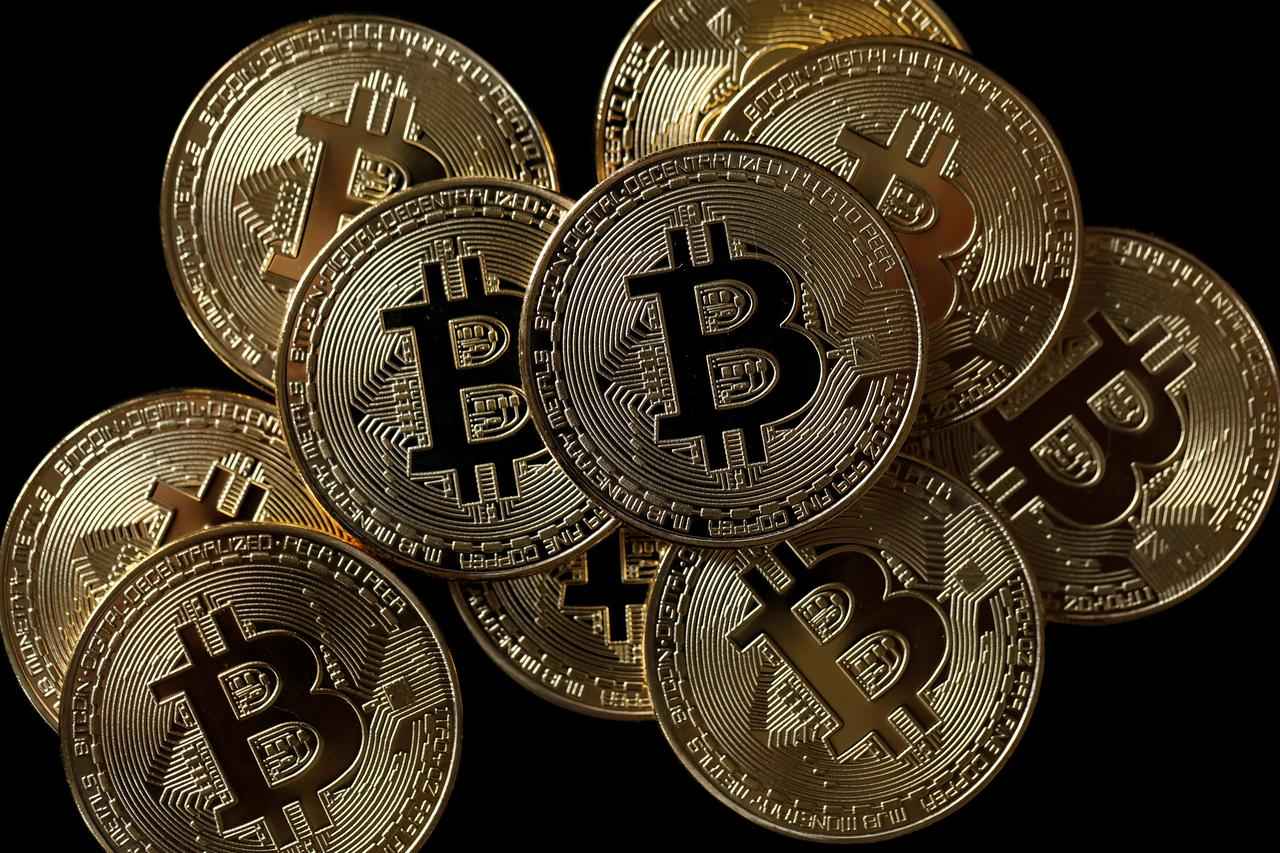
A virtual asset can be any digitized token of value that people can trade, transfer, or use to make payments. It excludes digital representations of fiat currencies.
2. Dubai Virtual Asset Authority
This authority must ensure that virtual assets and virtual tokens are organized, issued, and traded. Also, it must authorize providers of virtual asset services. In addition, they ensure the highest levels of data protection for beneficiaries’ personal information. This authority has to manage the operation of virtual assistant platforms and portfolios.
Another task worth mentioning is that they keep an eye out for transactions and parent VA price manipulation.
- Platforms for operating and managing virtual assets.
- Exchange of services between one or more types of virtual assets and services for virtual asset custody and management.
- Exchanging virtual assets and currencies.
- Transferring virtual assets.
- Finally, services for managing virtual assets.

4. What does this legislation mean for the UAE?
For the time being, virtual asset legislation has only been implemented in the emirate of Dubai. This rule will apply to nearly all free zones. Hence, they include non-financial free zones such as the Dubai Multi Commodities Centre (DMCC).
This rule, however, does not apply to the Dubai International Financial Centre (DIFC). This is because it is a distinct free zone with its own set of rules. It is also governed by the Dubai Financial Services Authority (DFSA).
Additionally, the DFSA has stated that shortly, it will adopt its own set of rules and regulations for DIFC in the case of cryptocurrencies. The Securities and Commodities Authority (SCA), on the other hand, has announced that it is currently developing its regulatory framework for cryptocurrencies.
4.1. More details
With the introduction of the new UAE crypto law, there is now an opportunity for the offering and trading of cryptocurrencies such as Bitcoin and Litecoin. Furthermore, the new Dubai rule will establish a sophisticated legal framework to protect investors and develop international standards to govern crypto, virtual assets, and non-traditional financial instruments (NFTs).
They have designed the VARA regime to foster collaboration, encourage innovation, and prioritize public safety.
5. Free Zones where you can obtain a crypto license
5.1. Dubai World Trade Centre (DWTC)
DWTC is a free zone dedicated to emerging industries such as virtual assets, cryptocurrency, blockchain, and others. Additionally, they established the jurisdiction in 2015, and it is centrally located in Dubai.
The free zone is currently collaborating and coordinating with VARA to establish a new dedicated zone for regulated Virtual Asset businesses. In addition, the DWTC Authority is working closely with VARA to launch the application process for Regulated Virtual Asset business licenses.
Furthermore, the DWTC Authority is well-equipped to accommodate the expansion of Dubai’s Virtual Assets ecosystem. Much new technology and tech-powered companies are setting up in this free zone. As a result, it is not surprising that the jurisdiction was among the first to establish a comprehensive zone and regulator for virtual assets and cryptocurrency.
6. Dubai passes new legislation
In line with this, the Emirate of Dubai has passed Law No. 4 of 2022 (Dubai Virtual Asset Regulation Law), which aims to regulate the global virtual asset industry in the Emirate of Dubai. Therefore, the law strikes a balance between the need for business growth and the need for regulating virtual assets.
Note that this law does not apply to the Dubai International Financial Centre, but it does apply to free zones and special development zones. This law went into effect on March 11, 2022.
7. What does the Dubai Virtual Asset Regulation Law consist of?
Article No. 2 of the Dubai Virtual Asset Regulation Law defines virtual assets as follows: A digital representation of value that people can trade, transfer or use as an exchange or payment tool, as well as for investment. This includes Virtual Tokens as well as any other digital representation of value as determined by VARA.
Also, it includes a separate definition for virtual tokens in Article No. 2. A digital representation of a group of rights that can be offered and traded digitally via a Virtual Asset Platform.
The “Dubai Virtual Assets Regulatory Authority” (VARA) was established in Dubai by the Dubai Virtual Assets Law. The VARA is a key figure in the virtual asset industry because it regulates, supervises, and oversees virtual asset services in Dubai. It has the authority to classify and determine virtual assets, as well as to set the standards and rules for trading in them.
7.1. More details
VARA would require prior permission to provide services related to the operation and management of virtual asset platforms. They also require VARA permits for any services related to the safekeeping, management, or control of virtual assets, virtual asset wallets, and trading in virtual tokens.
In addition, VARA has oversight over all of these services and has the authority to suspend or terminate transactions in virtual assets in the Emirate of Dubai. In addition to the VARA permit, these activities necessitate the individual to establish a business in Dubai and obtain an appropriate license from the Emirates’ commercial licensing authority.
Given the newness of these laws, their effective implementation remains to be seen.
8. Virtual assets in Abu Dhabi
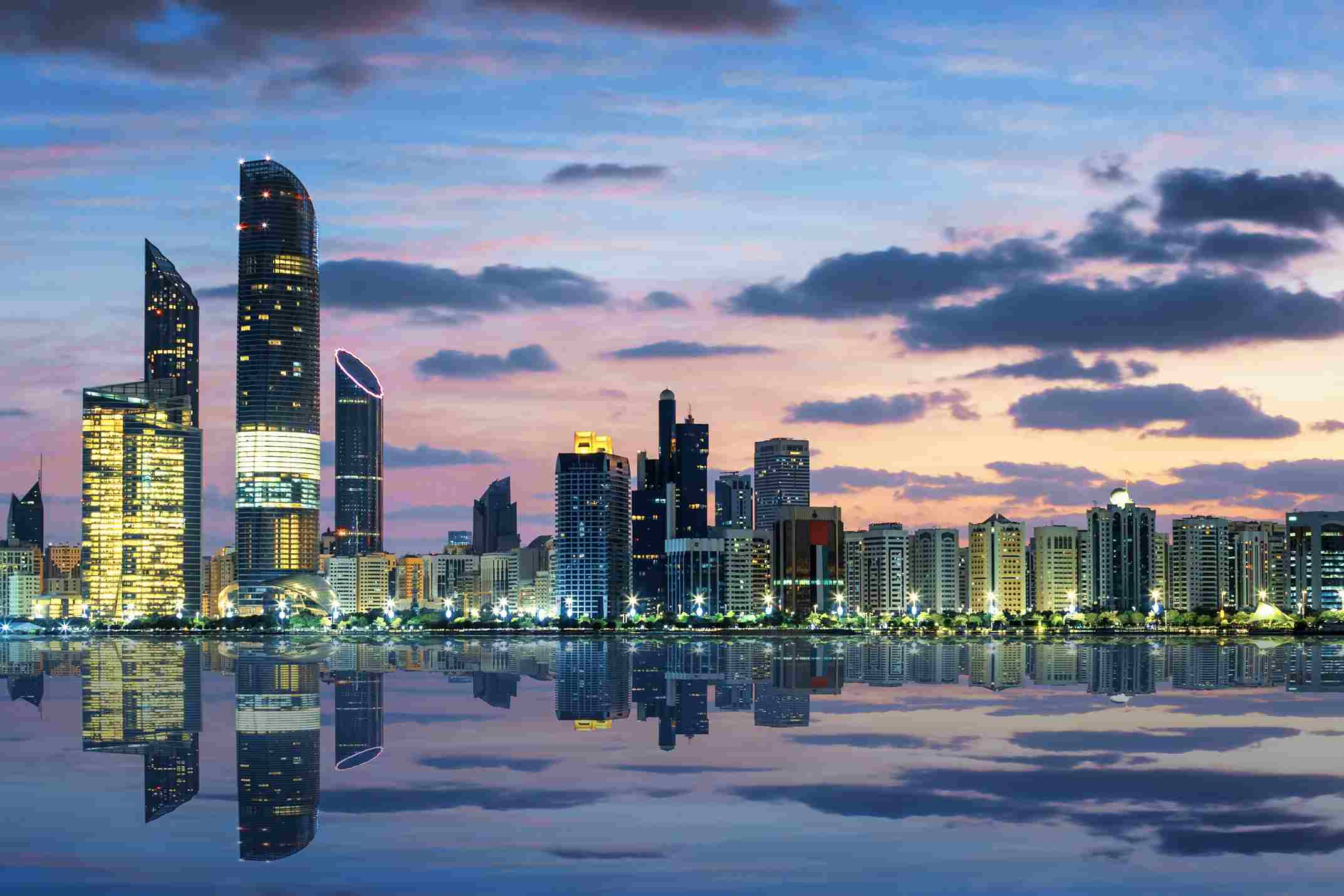
The Abu Dhabi Global Market (ADGM) regulates virtual asset activities through a comprehensive virtual asset regulatory framework. ADGM’s virtual asset policy governs virtual asset intermediaries such as custodians, broker-dealers, asset managers, and advisors, with a focus on consumer protection, financial crime prevention, and governance.
They treat virtual assets as commodities under the ADGM’s Virtual Asset Policy. Additionally, broker-dealers, custodians who deal with and manage virtual assets, and multilateral trading facilities must be licensed by the ADGM’s Financial Services Regulatory Authority.
9. FAQs
9.1. What are some of the most popular virtual or digital assets?
Cryptocurrencies and non-fungible tokens are the most widely used digital assets (NFTs).
9.2. Does the UAE regulate virtual assets?
Abu Dhabi Global Market was the first to offer a comprehensive regulatory framework in last December. On March 9, 2022, the Virtual Asset Regulatory Authority (VARA) was established in Dubai to govern the new sector.
9.3. What is the function of Dubai’s VARA?
The Authority will be in charge of licensing and regulating the sector on the mainland and in free zone territories, except the Dubai International Financial Centre (DIFC).
Additionally, the authority is in charge of organizing and establishing the rules and controls that govern the conduct of VA activities such as management services, clearing and settlement services, and classifying and specifying types of virtual assets.
In collaboration with the UAE Central Bank and the Securities and Commodities Authority, VARA will offer a full range of services.
9.4. Which virtual assets will be covered by VARA’s domain?
VARA has authority over the following services: operating and managing virtual asset platforms; exchange services between virtual assets and currencies, whether national or foreign; exchange services between one or more types of virtual assets; virtual asset transfer services; VA custody and management services; VA portfolio services; and services related to the offering and trading of virtual tokens.
9.5. Is it illegal to trade virtual assets without the permission of VARA?
Yes. It is illegal for anyone in the Emirate to engage in activities without the permission of VARA. However, to conduct business, the person wishing to engage in any of the virtual asset activities must establish a presence in Dubai.
9.6. What are the penalties for violating Dubai’s Virtual Asset Regulatory Laws?
The acts that constitute a violation of the provisions of the Dubai Virtual Asset Regulation Law and its related decisions, as well as the fines imposed on a violator, shall be determined by the Dubai World Trade Centre’s board of directors.
9.7. Where can we purchase and trade virtual assets?
DEX Crypto Exchange, Matrix, Saxo Bank, Binance, Coinbase, and other digital platforms allow you to buy and sell virtual assets.
10. What is life like in Dubai with cryptocurrency?
In 2022, the Middle East’s financial services sector will undergo a radical transformation. Cryptocurrencies, digital payments, and BaaS (Banking as a service) are among the trends that will shape the transformation. Globally, the cryptocurrency market is expanding, and they expect to eventually replace traditional financial systems.
Dubai is emerging as one of the best markets for cryptocurrency trading, thanks to its many policies that support blockchain technology.
10.1. What is cryptocurrency?
Cryptocurrency is a type of digital currency that you can use on the internet. It has a decentralized transaction system and no central regulating authority. Cryptocurrency works through peer-to-peer networks of systems, allowing anyone to participate in crypto transactions from anywhere. Bitcoin, the first cryptocurrency, was introduced in 2008.
There are over 10,000 cryptocurrencies in use today, with Bitcoin, Ethereum, Litecoin, and Bitcoin Cash being the most popular.
Cryptocurrency is based on Blockchain technology, which is an open, distributed ledger that stores details of all transactions in a code format. On the other hand, mining is a process that uses computing power to solve complex mathematical problems to create a cryptocurrency. You can purchase cryptocurrency through cryptocurrency exchanges or brokers.
Additionally, you can conduct transactions with others using cryptocurrency without involving a third party. Many people invest in cryptocurrency in the same way that they do in bonds, stocks, and so on.
10.3. UAE’s Cryptocurrency Trading License
You should note that without a license, crypto trading is not legal in the UAE. Therefore, if you want to do cryptocurrency trading in Dubai or any other emirate, you must first obtain a license to make your operations legitimate. Many free zones in the UAE now offer cryptocurrency licenses, including the Dubai Multi-Commodities Centre, Dubai Airport Free Zone, Sharjah Research Technology Innovation Park, and Abu Dhabi Global Market.
11. How can Connect Services Middle East help you?
Setting up your cryptocurrency business in a free zone will significantly boost and evolve your company. Further, we can help you start a crypto business in the UAE and obtain a free zone license at a low cost with Connect Services Middle East.
Carrying out your business’ registration in a free zone is the best option for both new and established cryptocurrency companies in Dubai. In the same vein, our agency, Connect Services Middle East, is one of the best business setup companies in the UAE, and we can help you register your cryptocurrency-related company in record time, and with the best packages.
Would you like to ask our professionals anything related to the Dubai Virtual Asset Regulation Law? Do not wait any longer to find out more. Take a moment to write us an email contact@c-uae.com and we will send you an answer shortly. In addition, you can call us at +971 43 316 688. As soon as you reach out to us, we will guide you as we ensure that you learned everything you needed to know.
